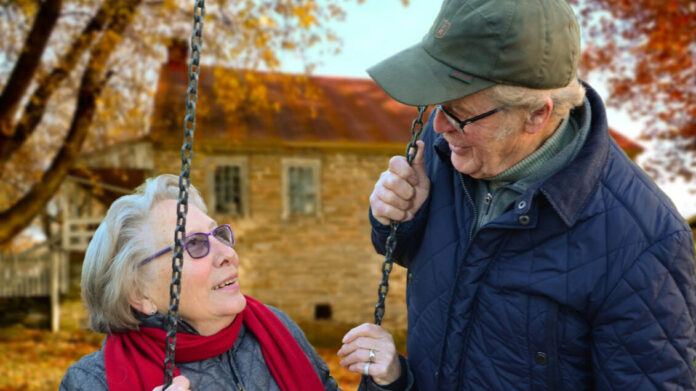In Alberta, seniors will soon be on the hook to pay more for their prescriptions.
A senior’s maximum co-payment for prescriptions will go up $10 over a 10-month period.
According to the Government of Alberta, beginning July 1, the maximum co-payment for a prescription will increase by $1 each month until it reaches $35 on Apr. 1 next year.
The government says the cost of providing coverage for seniors and non-group coverage to Albertans is increasing by nearly seven per cent annually.
In 2023-24, the cost of administering these two programs was approximately $1.3 billion.
Providing Albertans with coverage for their prescription drugs ensures they have access to necessary medications, notes Alberta Minister of Primary and Preventative Health Services Adriana LaGrange.
“But drug coverage costs are rising. We need to take steps to address the cost. This change will help keep those costs in check, maintain a fair and balanced cost sharing approach, and allow the government to continue offering this important coverage,” LaGrange adds.
The government also says public drug coverage in Alberta covers about 40.1 per cent of all expenditures toward prescribed drugs in the province.
With the increase, eligible low-income seniors can apply for financial assistance with their co-payments through the Special Needs Assistance for Seniors program. As well, all Albertans are encouraged to consult with their pharmacist about ways to reduce their costs.
Alberta’s NDP Shadow Minister of Health Sarah Hoffman says the increase in co-payments is bad news for seniors struggling with the cost of living. “Seniors, most of them, are on really fixed incomes and are already struggling.”
For all Albertans, rent is going up, utilities cost more and so does insurance and food. But, the government has leverage to be able to keep prescription drugs and many aspects of health services in check.
Instead, Hoffman notes, the government is allowing those types of things to go up at break-neck speed. “Now, they’re doubling down on the hardship by also increasing the cost for medications doctors have deemed necessary. This is important for their health, wellbeing and the government just jacked up the fees.”
What the Alberta government could do, Hoffman says, is talk to seniors. “And say, ‘This is something that’s sacred, we’re not going to mess with your co-pays and we’re not going to increase them.”
“Instead, what they’re saying is ‘if you’re the poorest among the poor and you can get your time together to fill out all this paperwork, maybe we might not possibly increase your fees.’”
But for everybody else, “too bad.”
Hoffman says the Alberta NDP believes in universal health care and the universality of the program was one of the things that made it simple. “It was still a hardship to help pay for drugs, but now the government is making it even harder and more expensive.”
For the lowest income seniors, Hoffman says, it will be a decision between paying rent or paying for medications. “That is not OK.”
“For middle income seniors, it’s a decision between do I give my grandchildren money in their card this year on their birthday or do I pay for my drugs? That’s also not fair,” adds Hoffman. “If they don’t take their medication, that’s bad for their health and it’s bad for all of us because if they’re not following a doctor’s orders because of financial pressures, they end up in the emergency room. We already know how overcrowded emergency departments are.”
In Lethbridge, many residents don’t have a family doctor and are turning to the emergency room, as a result.
“That’s bad for all Albertans, not just the seniors who are being asked to pay more. It’s terrible for them, but it’s bad for us all,” Hoffman says.







